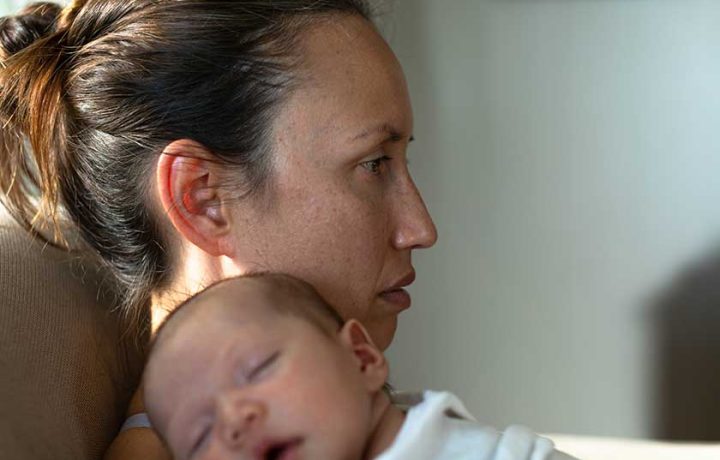Why women can’t afford to wait when it comes to medical negligence

Posted on
“You’ve left it too late”. These are the words Alison McNamara never wants to have to say again.
And as the Solicitor Director of Commins Hendriks, she hopes to raise awareness about time limits for medical negligence claims.
Too many women are missing out on compensation simply because they didn’t know they needed to act sooner. Alison never wants to have to turn away another woman – especially when she knows she could have helped make a positive impact on her life.
With over 20 years of experience as a personal injury lawyer, Alison has seen and heard it all, helping many clients whose lives have been devastated by injury. However, she says there needs to be more awareness about medical negligence and personal injury claims in the ACT.
Explaining that there’s a strict three-year limitation period in the ACT when it comes to making claims, she says many clients – often women who have experienced traumatic births – are caught unaware, leading to missed opportunities for compensation.
“It’s heartbreaking for me to tell them I can’t do anything when they come to me too late,” says Alison.
“My mission is to raise awareness and let people know, especially women, that there is a time limit and it’s strict. Especially for mums who have suffered birth trauma, who don’t know if what they’ve suffered is negligence, and are going through all of the typical challenges of having a newborn, it also needs to be on your radar that you need to contact a lawyer in those early days.”

Alison McNamara, Solicitor Director of Commins Hendriks.
Understanding that contacting a lawyer while experiencing trauma, pain, and confusion is probably the last thing on people’s minds, Alison says that too often, she’s had to deliver heartbreaking news to clients: their potential compensation claim has expired because they waited too long to seek legal advice. And in many cases, it’s women who are missing out.
“Women tend to put everyone else first,” Alison explains.
“They hope they’ll get better, they often don’t want to cause trouble, and they’re hesitant to reach out.”
But her message is clear: don’t wait – even if you don’t feel fully prepared. As one of the more complex claims to make, Alison explains that ideally you need to see a solicitor within six months after you have an injury, due to the many procedural steps involved. And while a three-year limitation period for filing a claim might sound like a long time, it can pass quickly, and the consequences of waiting can be devastating.
“You might not feel like talking to a lawyer, but you really should, because if you don’t, that door might close on you,” says Alison.
“As soon as you have an injury, a lawyer should be at the top of your list. And even if you think you might have an injury but you’re not sure, it’s never going to be too much trouble to ask the question.”
Women shouldn’t be worried that they are wasting her time with a call when they are not sure if they have a claim says Alison. Explaining that she would feel much worse if someone didn’t call her and she had to later turn them away, she says even if there’s no claim, it can help bring a sense of closure.
She says there’s no need to have all of the information on hand to contact her about a medical negligence claim – all you need to do is make that first phone call and be willing to have a chat.
“Please put yourself first, because you deserve it and you’re not going to be judged for making that call. You’re going to have someone caring on the other end of the phone,” says Alison.
“Don’t let your fear of a claim or the process stop you, because there is a scheme there to help you, and we’ll guide you through that. Don’t let the fear of litigation stop you from making that call, because it doesn’t always have to end in a court hearing.”
But is the process, including reliving the trauma and the expenses involved, worth it – especially if you’re not entirely sure you have a medical negligence claim?
Alison says yes, with proper investigations and supportive evidence, she can advocate for you and seek compensation for what you’ve been through.
“If you’re nervous about the process and think it’s not worth it, generally, it is,” explains Alison.
“I think people are waiting so long to make a claim because they don’t realise that there is a claim that can be made and that there is a limitation period that applies…People are recovering from their injuries. They don’t want to cause trouble. They hope it might get better. And it takes a long time sometimes to realise that you’re not getting better and that your injuries have had a big impact on your life.”
“I understand. I just want to get the message out there that it’s really important to contact us early. Put a lawyer on your list.”
For more information, visit comminshendriks.com.au

